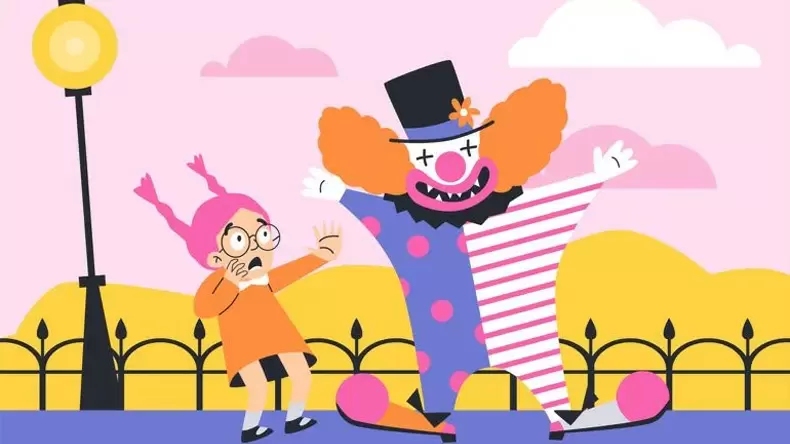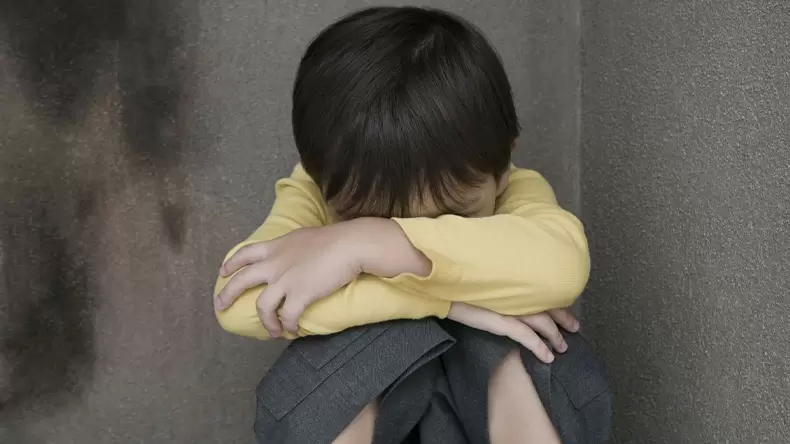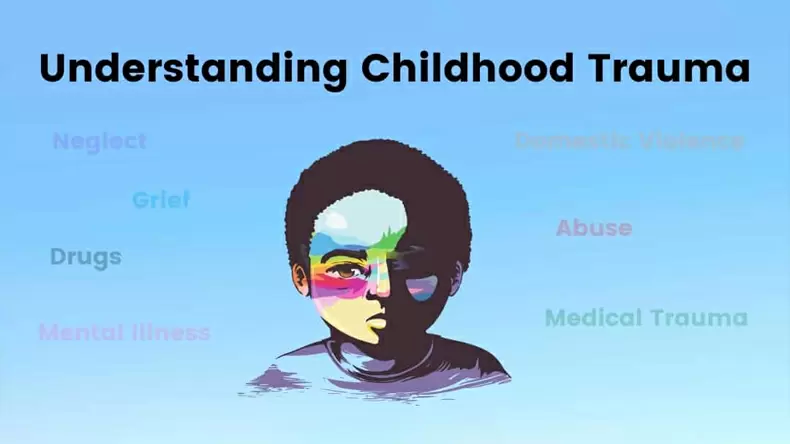Who Are You in Chiikawa Today? Quiz
Are you ready to uncover the deep-seated emotional scars from your childhood? Take our Trauma Test and find out what's lurking in your subconscious!
Uncover Your Childhood Trauma: Play this Trauma Quiz Now!
Childhood trauma is a topic that is often overlooked or misunderstood, but its impact on individuals can be profound and long-lasting. It refers to any experience that causes significant distress or harm to a child, and can include physical, emotional, or sexual abuse, neglect, or exposure to violence or substance abuse in the home. The effects of childhood trauma can manifest in a variety of ways, including mental health issues, behavioral problems, and difficulties forming healthy relationships.
The prevalence of childhood trauma is staggering, with studies suggesting that a majority of adults have experienced at least one traumatic event during their childhood. This is a sobering reality, as the effects of childhood trauma can be far-reaching and can significantly impact an individual's quality of life.
One of the most common effects of childhood trauma is the development of mental health issues, such as anxiety, depression, and post-traumatic stress disorder (PTSD). These conditions can be debilitating and can interfere with a person's ability to function in their daily lives. Additionally, individuals who have experienced childhood trauma are at a higher risk for substance abuse and addiction, as they may turn to drugs or alcohol as a way to cope with their emotional pain.
In addition to mental health issues, childhood trauma can also lead to behavioral problems, such as aggression, impulsivity, and self-destructive tendencies. These behaviors can make it difficult for individuals to maintain healthy relationships and can lead to social isolation and feelings of alienation.
Furthermore, childhood trauma can have a profound impact on a person's ability to form secure attachments and trust others. This can result in difficulties forming and maintaining healthy relationships, as individuals may struggle to open up and be vulnerable with others. This can lead to a cycle of isolation and loneliness, as individuals may feel unable to connect with others on a deep level.
But fear not, dear reader, for we are here to delve into the world of childhood trauma with a healthy dose of humor. Because let's face it, if we didn't laugh about it, we'd probably be in therapy for the rest of our lives.
Get ready to relive all those awkward family gatherings and embarrassing school moments with our Trauma Test. It's like therapy, but with more laughter (or tears).





























